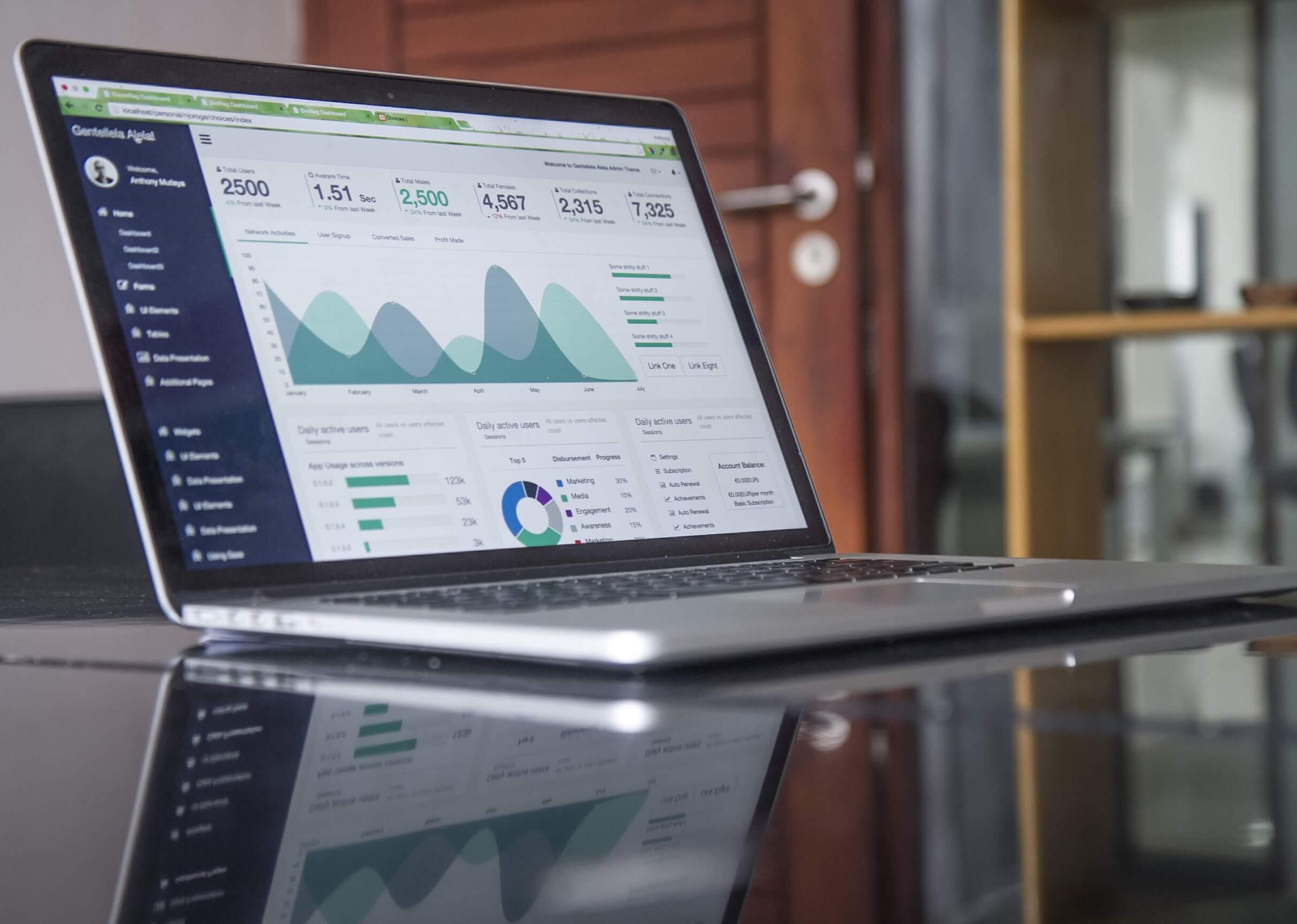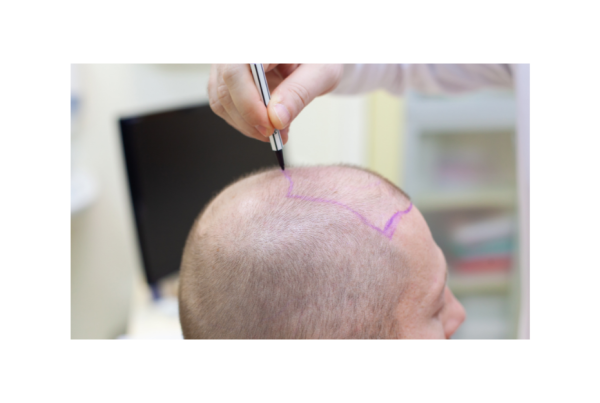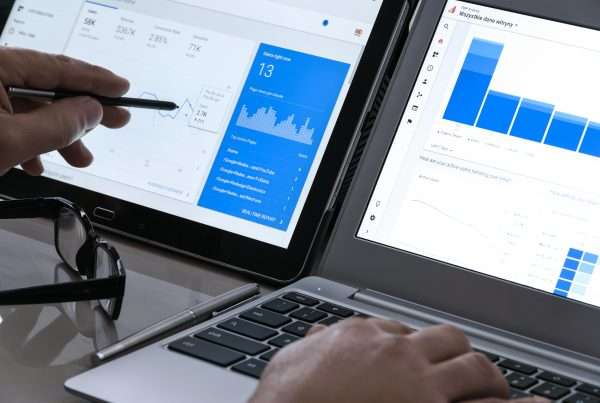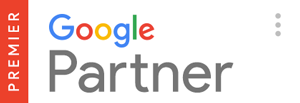Conversions are one of the best metrics to measure your PPC efforts. But in the search for new customers, conversions aren’t always the best place to focus your attention.
You might need to focus on a different metric entirely, like new users and page views. Brands have to remember that, while conversions are very important, they aren’t the be-all, end-all for PPC.
In fact, the right metrics depend on what type of customer you’re targeting. Where is your target customer in the sales funnel?
Many brands don’t create PPC funnels because it’s more complex and time-consuming. But that also means you don’t reap the benefits of hyper-focused campaigns that actually bring results.
For PPC, conversions only make sense for late-stage funnel campaigns. Conversions mean little if you use PPC for brand awareness.
That’s because, unless you’re selling eCommerce products, it’s unlikely that new users are going to immediately buy from you. Today’s buying cycle is a lot longer, and customers go through multiple touchpoints before converting.
What do you do before a customer converts? You create meaningful brand awareness campaigns that pull customers into your funnel. Focus on brand recognition right out of the gate instead of conversions.
When we focus on brand awareness first, conversions can’t be the goal. It’s like proposing marriage on the first date: customers have to go through the funnel and get to know your brand first.
Conversions are important, but they shouldn’t be your sole PPC focus. Learn how to associate your campaign with the right goal to find metrics that work for you.
Conversions Aren’t Always the Goal
Customers don’t convert right away. Depending on your business model, there are three or more phases customers go through before they buy.
The good news is that you can use PPC at every stage of that funnel. The bad news is that most brands don’t realize this and use PPC campaigns just to get conversions.
Remember that PPC is a smart, multifaceted tool to grow your business. Use the right campaign to either boost brand awareness, bring customers to purchase, or appeal to repeat customers.
Conversions are focused only on the bottom of the funnel, where you’re bringing customers to purchase. Don’t show ads for this audience to new users! You’ll waste a precious click.
Instead, create separate campaigns targeting your different funnel stages. This helps you create targeted keywords, ad groups, and landing pages that are better for your users. Over time, that means you’ll get more traffic, clicks, and (eventually) more conversions.
But you have to start with other metrics before jumping to conversions. Just take a peek at your bid options in Google; it’s obvious PPC is capable of doing more than pushing product.
4 Ways to Use PPC for Better Brand Awareness
PPC boosts brand awareness. Whether you need lots of new customers or want to reinvent your brand, PPC will get results.
Follow this process to design your PPC campaign to boost brand awareness. And don’t worry; the conversions will come.
1. Map the customer journey
You know that marketing isn’t one-size-fits-all. So don’t create one campaign targeted at different customers. Get more specific and granular with your targeting by mapping PPC to your sales funnel.
But it’s hard to design a PPC campaign to your funnel stages if you don’t know your funnel.
To create your funnel, look at your customer journey. How do customers find you? Where do they see you first? What steps do they take to become a customer?
Create a sales funnel based on the steps your prospects take to become a customer.
Use this resource to build a sales funnel if you need a helping hand.

2. Align PPC with each funnel stage
Next, create separate campaigns for each stage of the funnel. For example, you might create separate campaigns for the Awareness, Interest, Decision, and Action stages of your funnel.
If you’re using Google Ads, be sure to set your campaign goal. This tells Google how to optimize your campaign. This alone will help you get more relevant clicks while preserving your budget.
Stage-specific keywords are important, too. For brand awareness, you want to focus on general, high-level keywords. If you sell leather shoes, you would choose keywords like, “best leather shoes.”
It doesn’t always make sense to use high-intent keywords in a brand awareness campaign. So keywords like “best leather shoes near me” or “buy leather shoes” might not be the right keyword for this campaign.
3. Target people who are interested
PPC happens on plenty of platforms; it’s not just Google Ads. Look at your funnel stages and ask yourself, “Where are my customers?”
Are they searching for information on Google or are they scrolling through Instagram? Meet customers where they are. This is the best way to get more eyes on a brand awareness campaign.
Choose platforms like display, social media, video, and search to get in front of more potential customers.
The Google Display Network is a great choice for building brand awareness without busting your budget. Google says its display ads reach 90% of all people on the internet, which is a tremendous tool for brand awareness.
4. Learn how to do attribution
Attribution is the reason why so many brands don’t want to use PPC for brand awareness. That’s why most people prefer to measure brand awareness with conversions; it’s easy to see when the sales are rolling in!
How do you measure customer attention? How do you quantify brand affinity?
It’s not as easy as counting the dollars in your bank account. But just because it’s more difficult doesn’t mean attribution for brand awareness is impossible.
In fact, if you have a longer buying cycle, you need to have attribution for your brand awareness efforts.
Even if no one clicks on your ad, you’ll see an 80% lift in brand awareness from a PPC campaign. This type of campaign might be harder to track, but it has clear value for your brand.
You can track the success of brand awareness campaigns by determining what counts as “awareness.” Is it a click? Is it a customer viewing your ad seven times?
Define what “awareness” is to you and apply that to your analytics.
Don’t let the fear of attribution get in the way of a brand awareness campaign. Find a way to track these results to get the most out of PPC.
The Bottom Line
Yes, conversions matter. After all, conversions are the actions that directly affect your business’s sales.
But if you’re setting up a PPC campaign, think beyond the conversions. Understand that the customer journey is complex. Design PPC campaigns tailored to what your customers need by where they are in the buying cycle. Use the right metrics to see if those campaigns were successful.
It’s time to improve your PPC foundation. Get in touch with Logical Media Group for an expert brainstorming session for your next PPC campaign.








